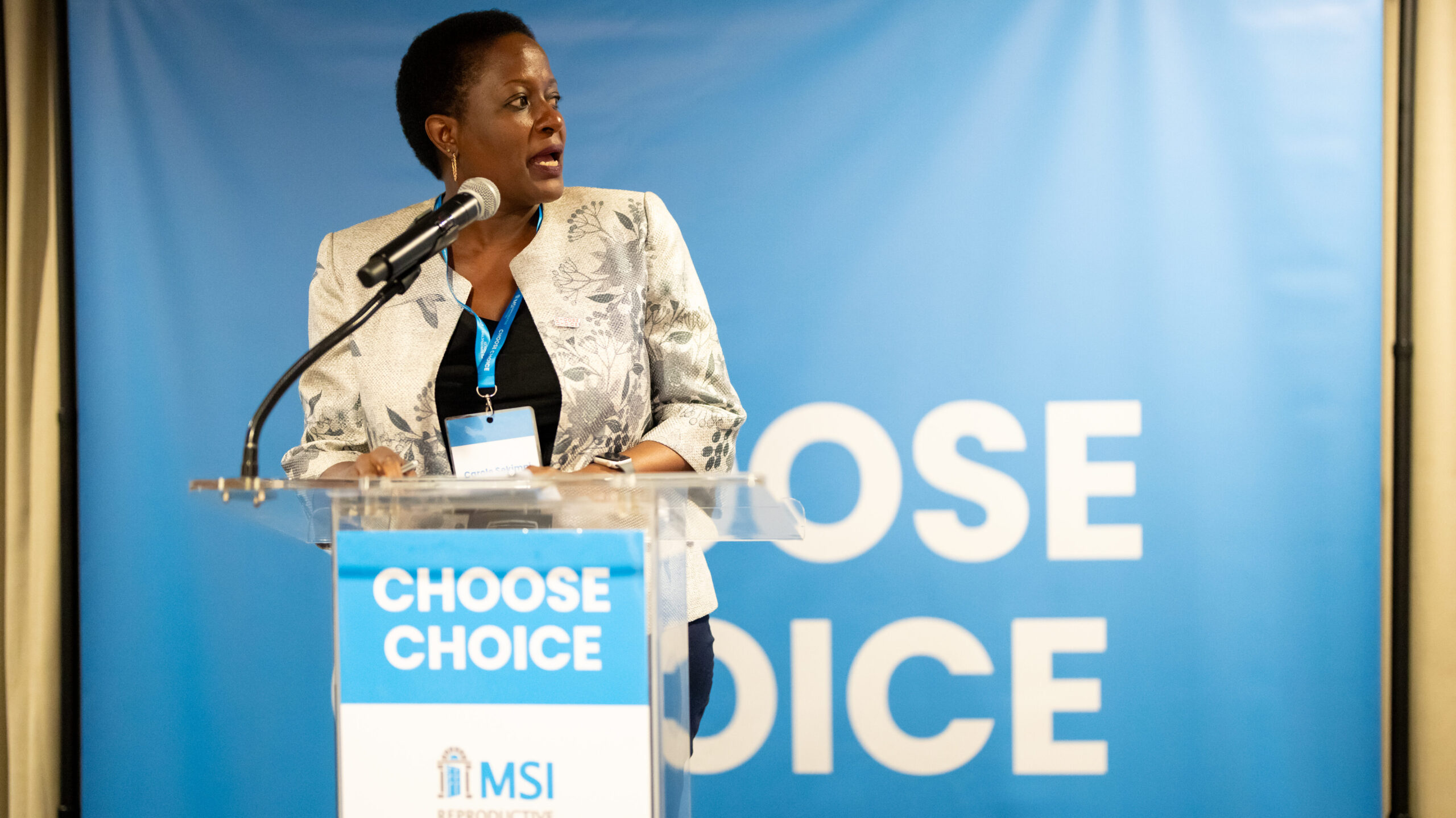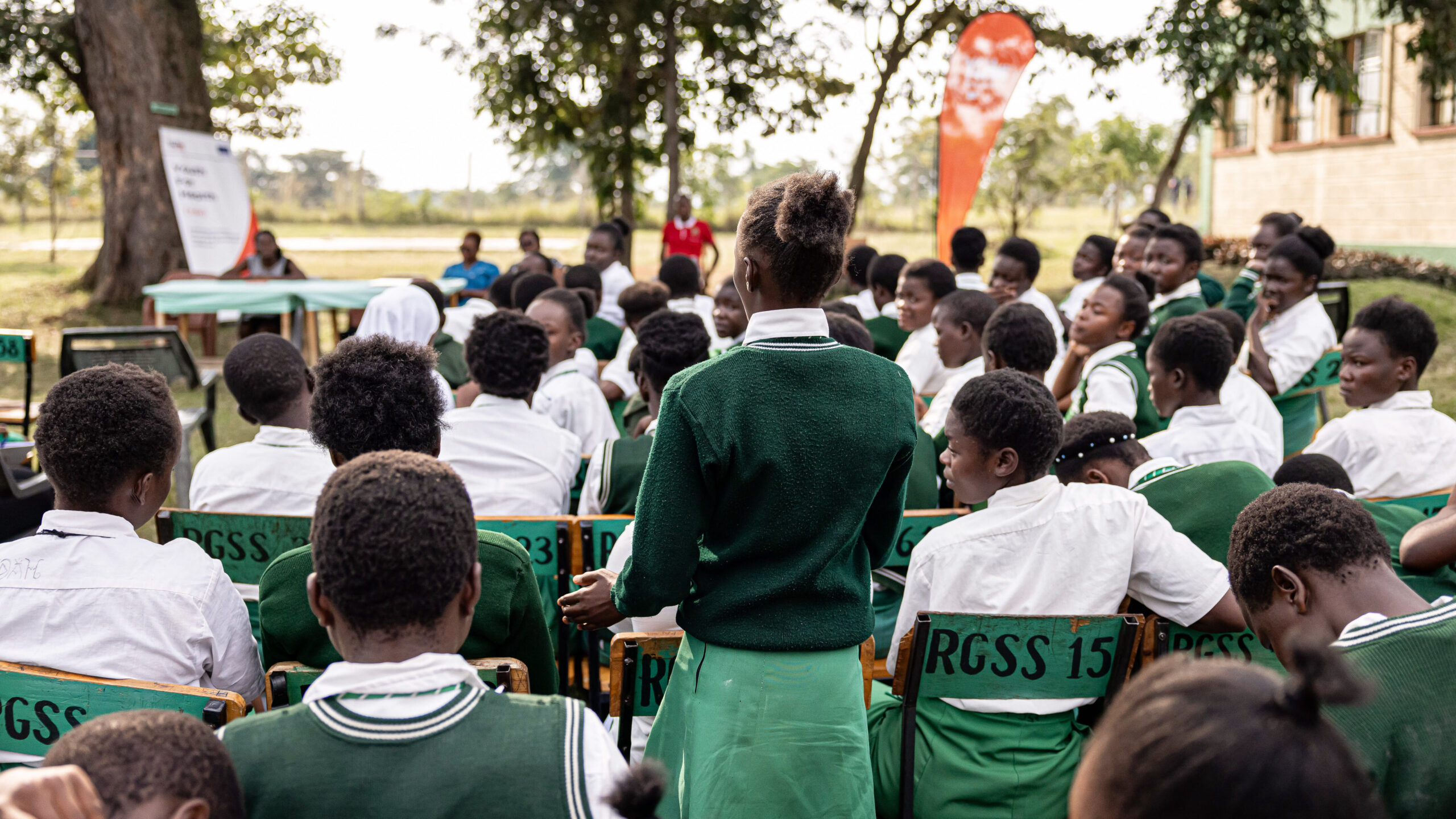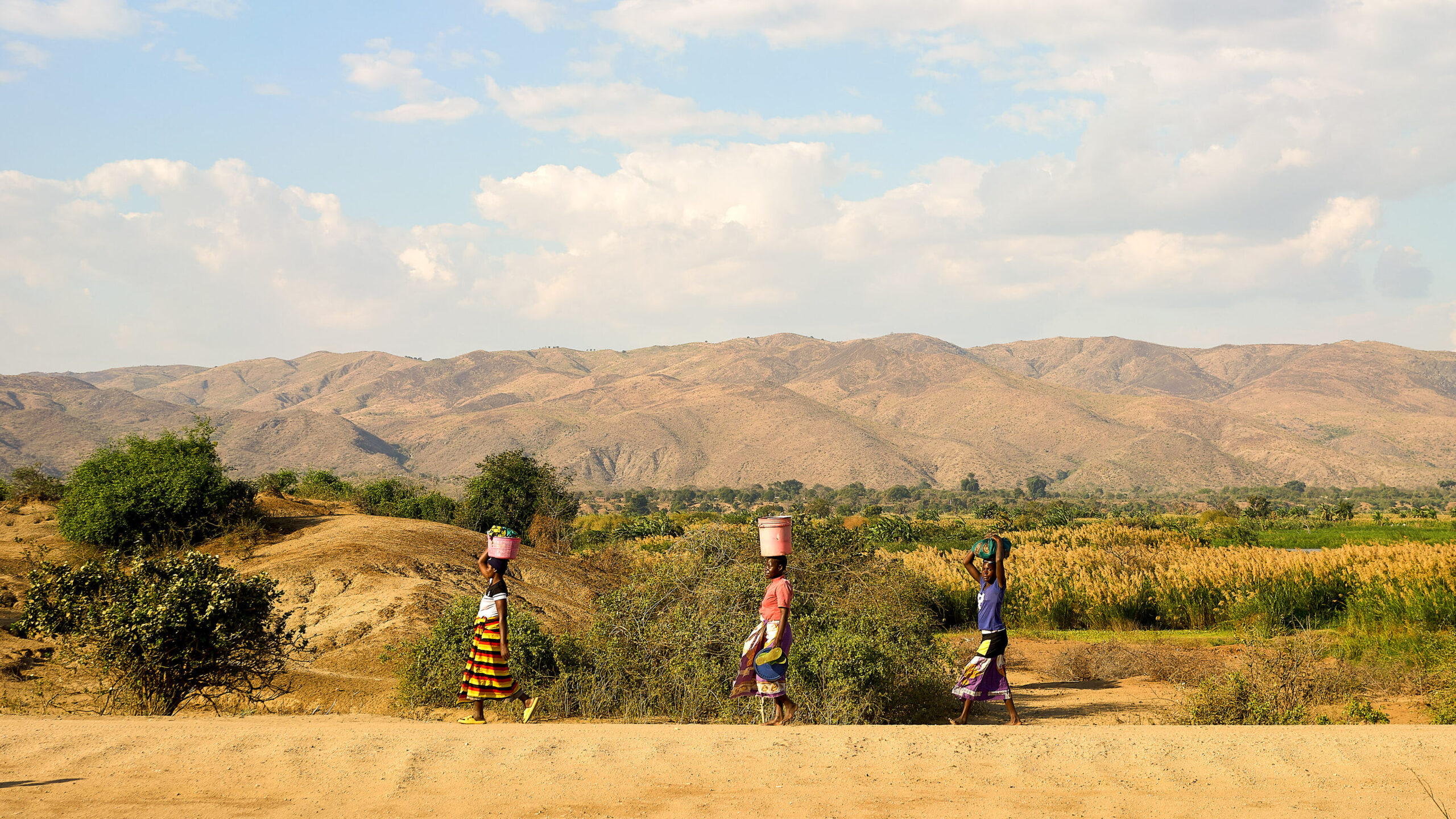Marie Stopes UK sees a 33% rise in domestic violence reports under COVID-19 lockdown. Overall safeguarding concerns have increased by 20%, warns the charity.
Marie Stopes UK, a charity which provides abortion care services across the UK has seen a 33%[1], increase in domestic violence reports, as the unprecedented lockdown restrictions force women to isolate with their abusers.
These figures form part of a 20%[2] increase in overall safeguarding concerns during the first two months of lockdown, as calls to the Marie Stopes advice line spike.
Other increases include women clients under the age of 18 (10%)[3] and women who are experiencing mental health problems (7%)[4].
The team at Marie Stopes UK’s contact centre, which includes dedicated safeguarding nurses for adults and children as well as ex-police support workers, are trained to spot vulnerable callers, and work with the NHS, social workers and the police amongst others, to help keep women safe while they make the choices that are right for them.
The team have been a critical part of major safeguarding cases, including identifying a human trafficking ring resulting in the rescue of a number of trafficked women.
Amy Bucknall, Named Nurse for Safeguarding of Adults and Children for Marie Stopes UK, said:
“It is an incredibly scary time for women who need to access abortion care during COVID-19 and we’re seeing an increase in cases where women need extra safeguarding protection.
“In one case, a 19-year-old girl disclosed that if her family found out that she was pregnant outside of marriage, significant harm would come to her. But as she was isolating with her family, it was incredibly difficult for her to leave the house. We had to work closely with protective agencies to get her the support she needed in order to make her choice.
“Our strong safeguarding processes are therefore critical in ensuring that vulnerable women can access the care they need in a timely manner, free from coercion and harm from others.”
Over the last two months, calls to the Marie Stopes UK helpline have risen by more than 3500 to almost 45,000[5], possibly due to the large numbers of women struggling to access contraception during the coronavirus pandemic and the fact that most Clinical Commissioning Groups (CCGs) are now allowing women to select the provider with the shortest waiting times. The charity is also taking on additional caseload from NHS trusts, who have suspended their work to focus on COVID-19.
Safeguarding these women has become even more complex during the crisis, with public services stretched to the limit and normal safeguarding procedures, such as social workers accompanying clients to clinics, disrupted.
Women are also unable to lean on their usual support networks, leave their houses for extended periods of time or even access public transport if they do need to travel, exacerbating already existing vulnerabilities.
Jonathan Lord, Medical Director for Marie Stopes UK, said:
“Controlling pregnancy and access to contraception is a method of control widely used by perpetrators of domestic abuse. In the long-term, we worry that women will be forced to continue pregnancies they do not want to keep, as abuse prevents them from accessing essential healthcare services during lockdown.
“This will have significant long-term consequences for already vulnerable women, making it even harder for them to avoid ongoing abuse.”
The introduction of telemedicine, which enables women seeking an early medical abortion to take both sets of abortion pills at home, means some vulnerable women, including those with a coercive partner, are now able to access care more discretely.
Marie Stopes UK have found safeguarding by telephone to be highly effective as women and girls who are too frightened to attend consultations in person can talk more openly and privately over the phone. They have identified some major safeguarding cases through confidential phone calls, including harrowing cases such as a 12-year-old being subject to rape by two relatives.
However, other women still need to attend clinics, especially if they have contacted Marie Stopes UK later in their pregnancies. Here, shockingly, they can sometimes still be subject to abuse from anti-choice groups, who despite strict social distancing measures, are still harassing women outside of Marie Stopes’ clinics.
Shanaaz Mohammed, clinical team leader at Marie Stopes UK’s Central London clinic, said:
“Unbelievably, since lockdown began, anti-choice individuals and groups have continued to gather outside our clinics, completely ignoring social distancing rules implemented by the government and essentially being a law unto themselves. We have had to call the police on two occasions due to the anti-choice group singing hymns and chanting loudly.
“This means that not only are women struggling with the impacts of COVID-19 and the complexity of accessing care during the pandemic, but they are also facing abuse and harassment when they do attend clinics. It’s horribly unfair and particularly distressing for women who may already be vulnerable.”
– Ends –
[1] Marie Stopes International internal data for calls to their helpline, One Call, which contained a domestic violence concern. Received between January 23rd, 2020 and March 22nd, 2020 (total: 236 calls), compared with calls received between March 23rd, 2020 and May 22nd, 2020 (total: 314 calls).
[2] Marie Stopes International internal data for calls to their helpline, One Call, which contained a safeguarding concern. Received between January 23rd, 2020 and March 22nd, 2020 (total: 1,523 calls), compared with calls received between March 23rd, 2020 and May 22nd, 2020 (total: 1,830 calls).
[3] Ibid
[4] Ibid
[5] Marie Stopes International internal data for calls to their helpline, One Call, received between January 23rd, 2020 and March 22nd, 2020 (total: 41, 260 calls), compared with calls received between March 23nd, 2020 and May 22nd, 2020 (total: 44, 861 calls).








